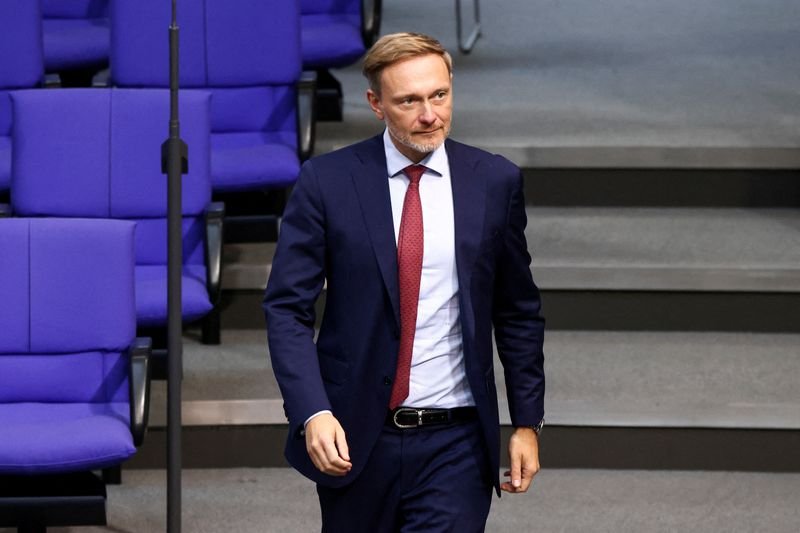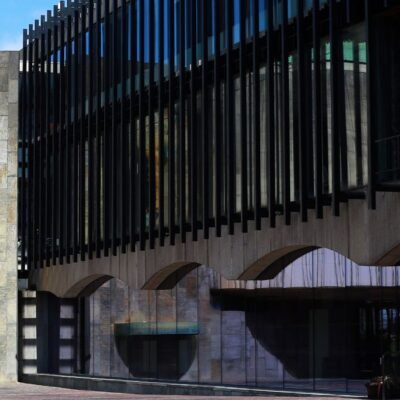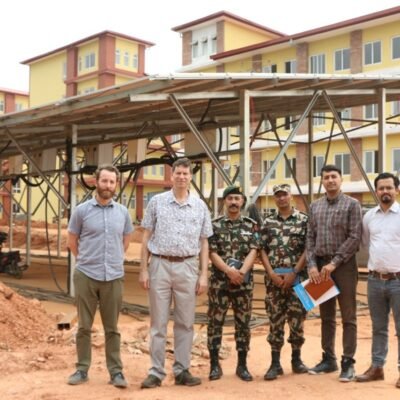By Maria Martinez
WASHINGTON (Reuters) – German Finance Minister Christian Lindner said he is working on his own proposals to stimulate growth in Europe’s biggest economy, which will not focus only on industry, but also on other economic sectors.
“In the course of this public debate, we will of course also develop our own proposals and present them shortly,” Lindner, of the Free Democratic Party (FDP), told Reuters in an interview on Friday on the sidelines of the International Monetary Fund and World Bank annual meetings.
The Free Democrats are organising their own economic summit next Tuesday, the same day Chancellor Olaf Scholz has invited business groups to the chancellery for an industry summit. Earlier this week, Economy Minister Robert Habeck also laid out his economic plans.
“The German economy is not just made up of industry,” Lindner said. Equally important are small and medium-sized enterprises, liberal professions, start-ups and self-employed people, he said. “That’s why we need to have a conversation about their needs, concerns and expectations.”
Germany is working on structural reforms with its growth package, which includes 49 measures to boost investment, attract skilled workers and cut red tape, among other topics.
The plans must be approved by the upper and lower houses of parliament later this year and Lindner sees resistance in the upper house and among coalition partners for tax relief measures.
“The growth initiative is very broad-based, from the labour market to energy policy to tax issues,” Lindner said. “My impression is that tax policy in particular is currently controversial.”
Lindner aims to implement personal income tax cuts totalling 23 billion euros ($25 billion) in 2025 and 2026 to mitigate a creeping burden from inflation. The Greens are questioning this measure.
Although some measures have already been introduced, Lindner sees the growth package just as a first step.
“We need further ambition because the situation of the German economy is not satisfying to say the least,” Lindner said, adding that there should a new Agenda 2030, with a holistic approach to increase Germany’s competitiveness.
GERMANY’S ECONOMIC MODEL
Germany’s industrial sector is in the throes of long-term decline, having lost cheap energy from Russia and facing uncertainty over its once-lucrative trade ties with China. This has set into question Germany’s economic model.
Lindner said Germany’s economic model still has a future, but it will transform.





